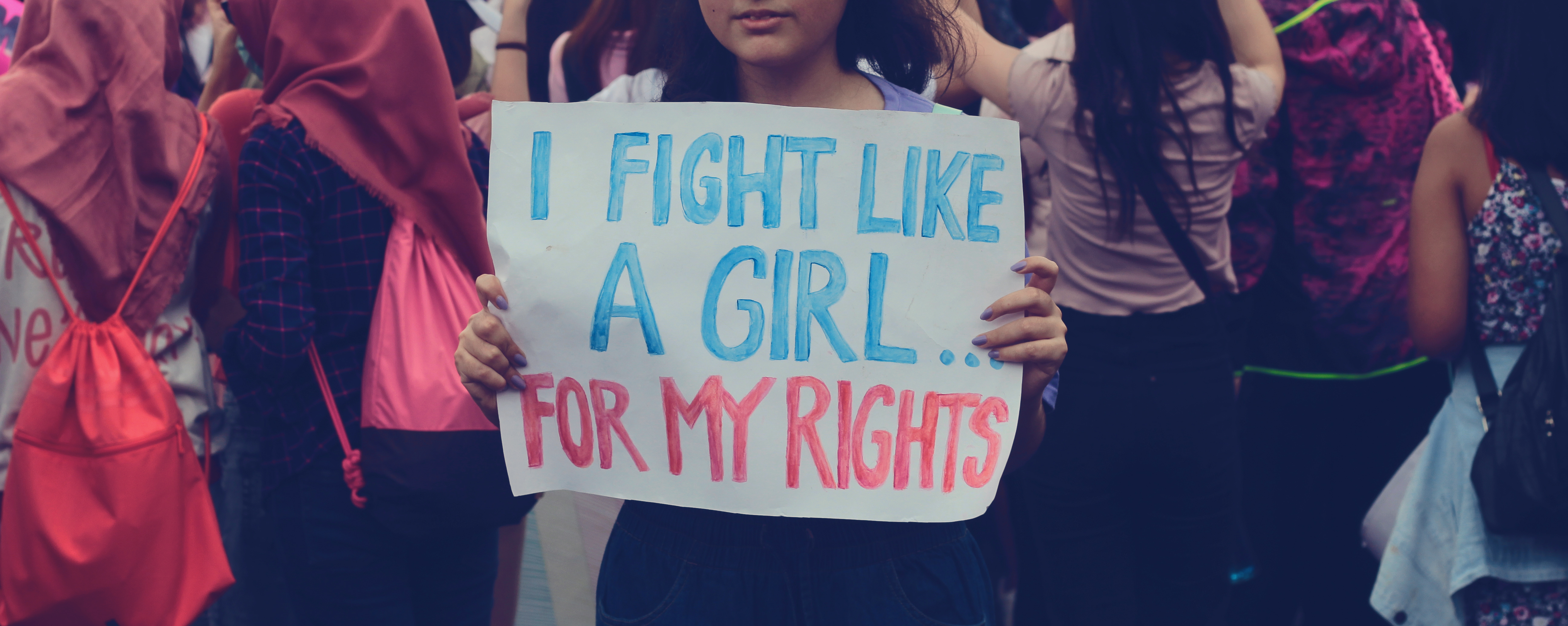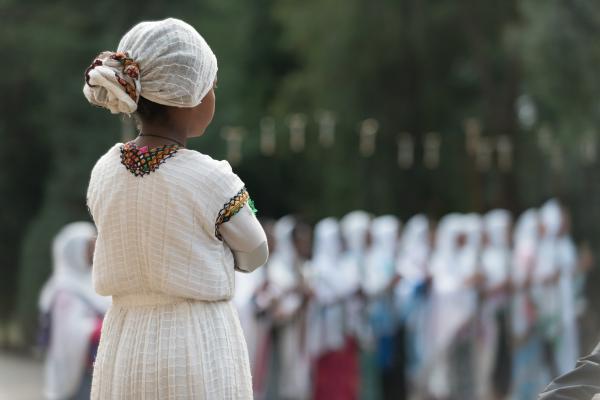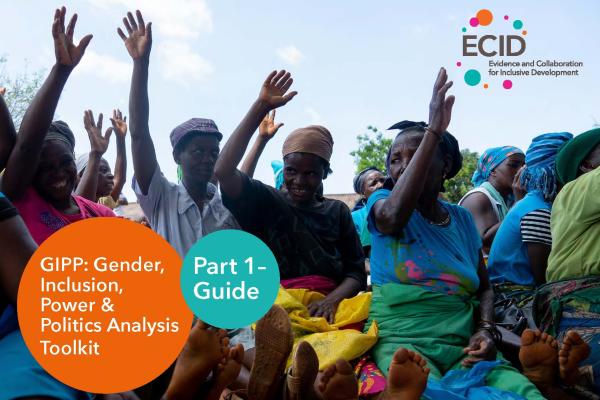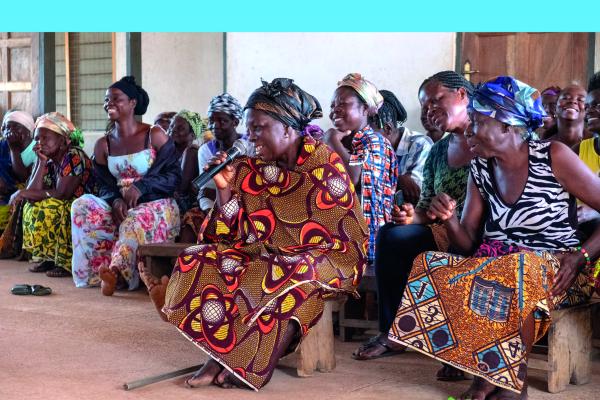Ocean Country Partnership Programme (OCPP) GEDSI Analysis in Belize, Ghana, Senegal, Sri Lanka, Bangladesh and Madagascar
These reports sets out the findings from a gender equality, disability and social inclusion (GEDSI) analysis, focused on biodiversity, sustainable seafood and pollution in coastal areas of Belize, Ghana, Senegal, Sri Lanka, Bangladesh and Madagascar.



